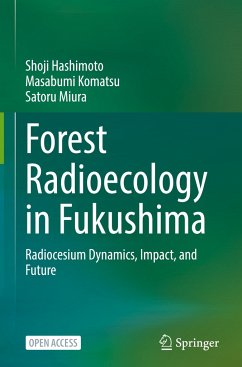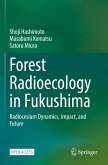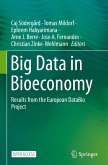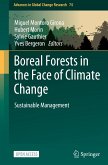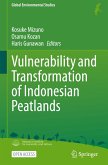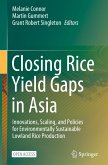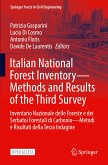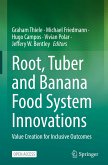This is an open access book that provides holistic information on the radioactive contamination of forests. Topics are highly interdisciplinary, ranging from the dynamics of radioactive cesium in forest ecosystems to the radiation protection or the socio-economic aspects of radiation effects. It is designed to help people understand the radioactive contamination in forests and provide hints of how to cope with it and restore their livelihoods. The book is characterized by its well-balanced structure that allows the reader to understand the whole picture without going into too much scientific content. After explaining the basics of radioactive materials and radiation, the book illustrates the radioactive contamination of forests, it also describes the impacts on the forestry and life of local people and the measures taken by. Few books address the concerns about how to deal with radioactive contamination of forests and the future perspectives. In this book, people can learnallabout the Fukushima nuclear accident of forests, forest products, and people with abundant reference materials. In addition, the book contains four memoirs contributed by Japanese and European researchers that graphically record what the researchers thought and how they acted in the chaos of the aftermath of the accident. In 2021 that marking the 10th anniversary of the Fukushima nuclear accident and the 35th anniversary of the Chernobyl accident, nuclear disasters are in the spotlight more than ever. This thought-provoking book on how to prepare for a severe nuclear accident is suitable for sharing with people all over the world as a lesson on the next nuclear accidents, now that the number of nuclear power plants is still increasing.
The translation of this work was done with the help of artificial intelligence (machine translation by the service DeepL.com). Intensive improvements were subsequently made by the authors throughout the text to ensure accuracy of expression and contents and to enhance the clarity.
The translation of this work was done with the help of artificial intelligence (machine translation by the service DeepL.com). Intensive improvements were subsequently made by the authors throughout the text to ensure accuracy of expression and contents and to enhance the clarity.

